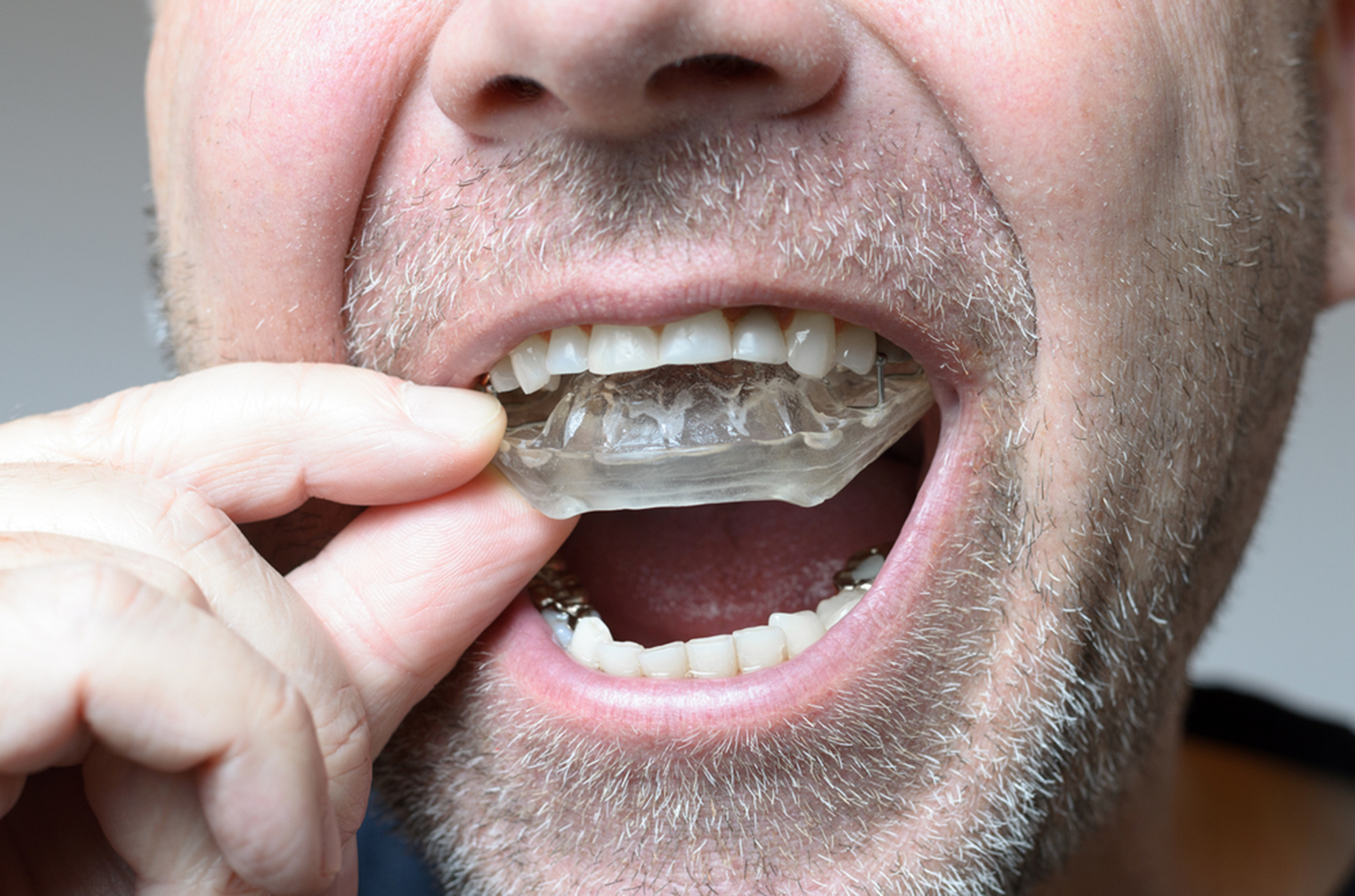A mouthguard in Saskatoon can help with the signs of bruxism (also known as teeth grinding) such as headaches, tooth damage, and tense jaw muscles. Your upper and lower teeth are separated by the dental guard, which acts as padding, preventing your teeth from rubbing up against one another due to this physical barrier. The pressure that is put on your jaw when you clench your teeth at night may also be lessened with the aid of this cushion.
However, dental guards themselves occasionally have their own drawbacks. Even though the device’s possible side effects are small, it’s essential to know what they could be and what you can do about them before you decide whether or not to get one.
Is a Dental Guard Necessary?
You may unintentionally clench your mandible and grind your teeth. Awake bruxers grind their teeth during the day while people who have sleep bruxism battle with this issue unconsciously when in bed. Although the exact process that causes bruxism is unknown, stress is frequently linked to it. In other instances, a strange or otherwise unhealthy bite may contribute to its development as well.
Your dental health suffers when you grind your teeth. Your teeth and gums are placed under a great deal of pressure by jaw clenching and teeth grinding. This has the potential to seriously harm your teeth over time. Teeth that are worn, chipped, cracked, or shattered are fairly typical. Other common symptoms include headaches, earaches, facial pain, and jaw pain.
Pros and Cons of Dental Guards
There are many benefits to using mouthguards. You might hear people refer to it as a dental guard for teeth grinding, an oral appliance, or an oral splint. Whatever you call it, it mimics a mouth guard an athlete might wear on the field of play. It is customized to fit either the upper or lower teeth, creating a physical separation that deters grinding harm and promotes jaw muscle relaxation.
The benefits of oral night guards are simple to see:
-
Easy to use
It is very easy to use. Just put it in your mouth before you go to sleep or before playing sports.
-
Prevents dental damage
If you wear a night guard, your teeth are shielded from crushing each other. Although you might technically still be clenching your mandible, the night guard will lessen any harm. This same logic applies to sports mouthguards and general mouthguards as well.
-
Promotes good night’s sleep
Regarding night guards specifically, people who clench and grind their teeth frequently experience interrupted sleep as a result of complete or partial awakenings. This trend is broken when the night guard is worn.
-
Customized guards
Your orthodontist will make impressions of your smile, either digitally or using physical molds. This ensures that your device fits you precisely and will not slip out of place.
-
Guard teeth against damage
In addition to bruxism, mouthguards can address a number of other oral health issues like jaw alignment problems, sleep apnea, and temporomandibular joint disorders. Working with your dentist can result in personalized, hands-on treatment.
With all that said, even though mouthguards are highly suggested as an effective means of prevention, nothing is flawless. There are a few drawbacks, including:
-
Waiting period
Custom-fitted appliances can take some time to be made, since the impressions and dimensions of your smile are sent off to a lab; therefore you may have to wait a couple of weeks for the appliance to be created.
-
Cost
They can be costly because mouthguards are frequently excluded from insurance policies. Periodically, they also need to be replaced due to daily wear and tear.
-
Getting used to wearing it
Patients may need a bit of time to get used to donning a mouthguard. Regarding night guards especially, even though some people might be tempted to skip a night, it is crucial to wear it every night to avoid having issues related to teeth clenching.
-
You have to follow the instructions
You must adhere to your dentist’s recommendations to get the most out of wearing your mouthguard. This contains guidelines for both using and cleaning it. A mouthguard can develop germs if it isn’t cleaned frequently.
Of course, most people shouldn’t have any trouble getting past this since directions for any type of dental guard are very straightforward. Consult your dentist in Saskatoon if you have any concerns about how to use or care for it.
Finding a Dentist in Saskatoon
A mouthguard is beneficial in the treatment of some disorders, including bruxism and TMJ. With this device in your toolbox, you can avoid damaging your teeth while you slumber. They are breathable and comfortable because they are specially fitted to your lips. The only drawbacks involve cleaning the appliance and getting used to it, both of which are very doable.
Contact our dentist at Lakewood Dental right away if you have any inquiries about using a mouthguard to preserve your smile or if you’re interested in scheduling a consultation!

